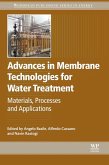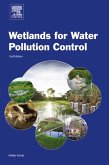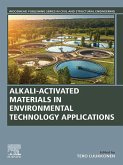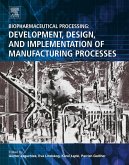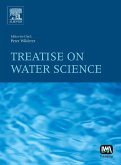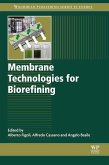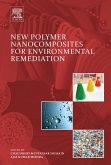In addition, sections cover electrochemical and membranes removal methods such as electrocoagulation, electrochemical oxidation, microfiltration and ultrafiltration, nanofiltration, and membrane fouling. This book is a valuable guide for engineers and researchers looking to integrate methods, processes and technologies to achieve desired affects.
- Provides a summary of up-to-date information surrounding NOM
- Presents enhanced knowledge on treatment strategies for the removal of NOM
- Covers conventional as well as advanced NOM removal methods
Dieser Download kann aus rechtlichen Gründen nur mit Rechnungsadresse in A, B, BG, CY, CZ, D, DK, EW, E, FIN, F, GR, HR, H, IRL, I, LT, L, LR, M, NL, PL, P, R, S, SLO, SK ausgeliefert werden.



